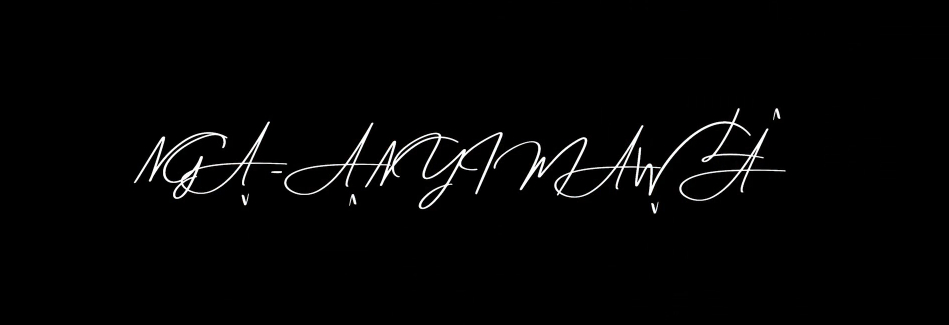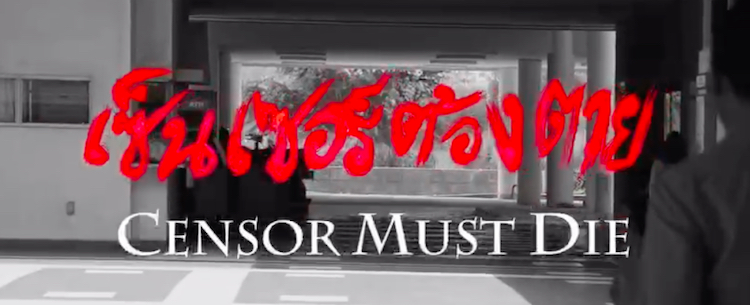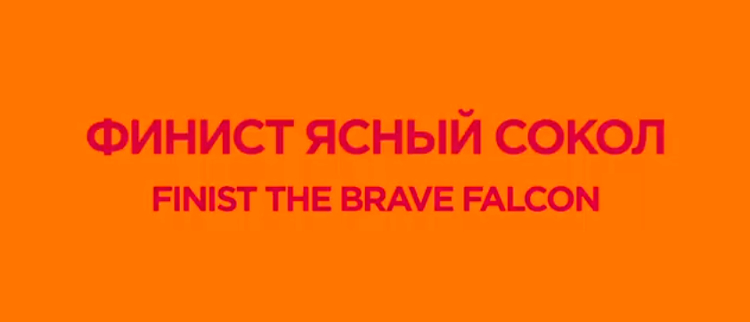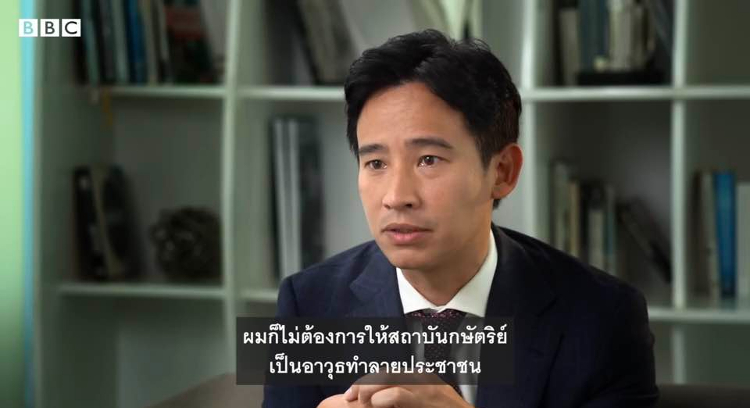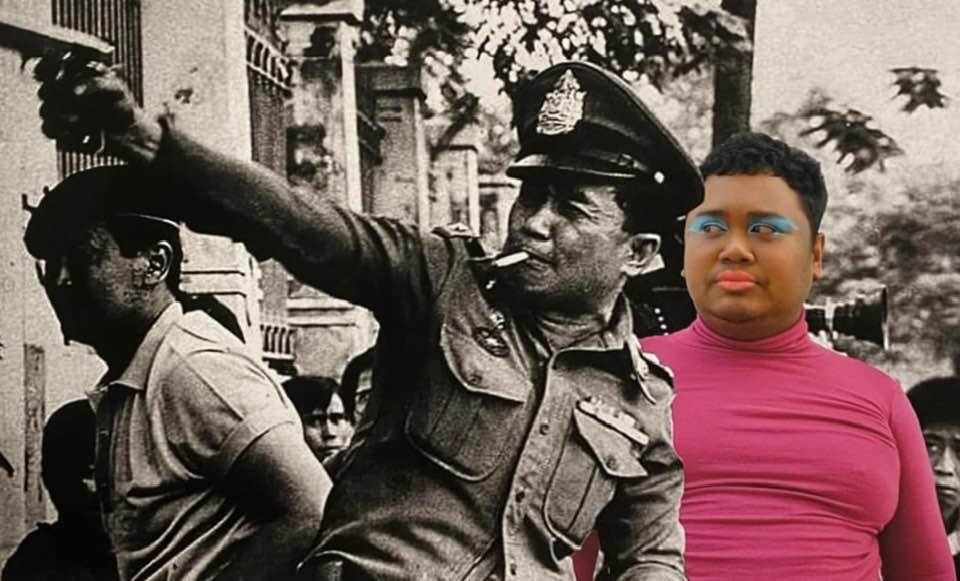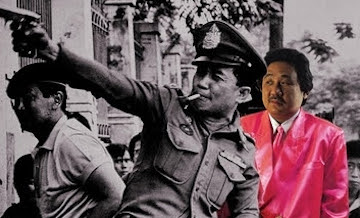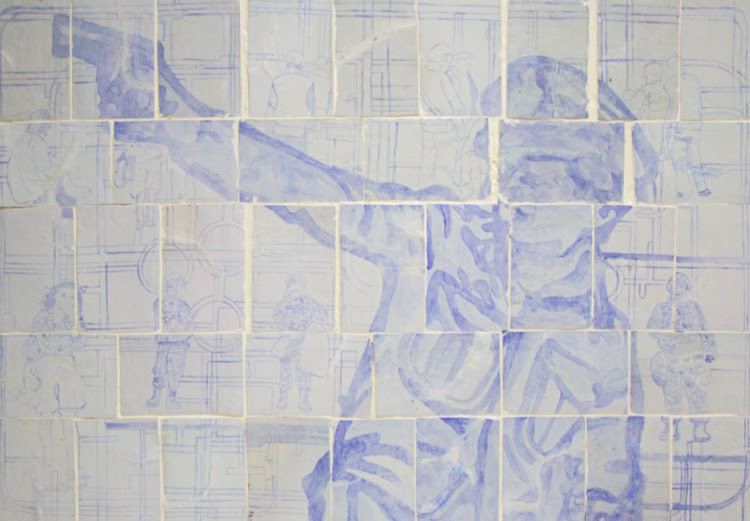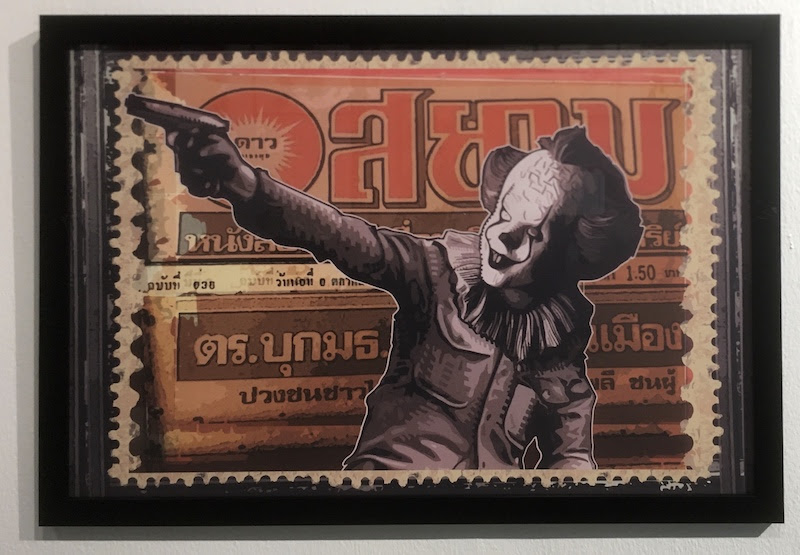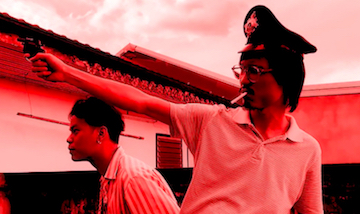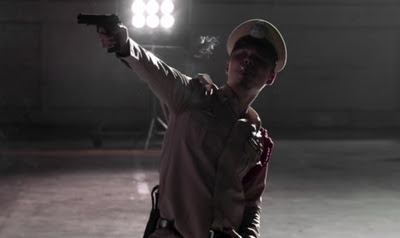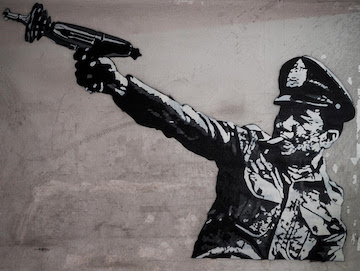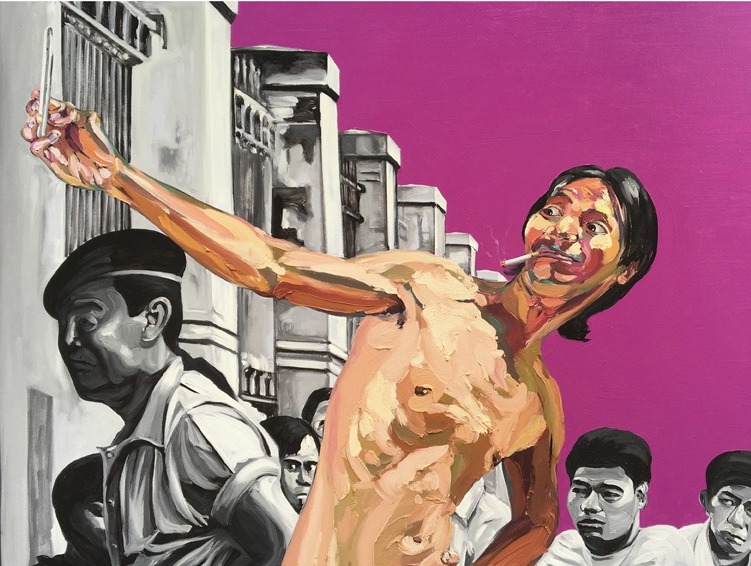
The Constitutional Court has ruled, by a slim majority of 5–4, that Srettha Tavisin must resign as Prime Minister. The verdict comes after a petition to the court by a group of forty senators linked to Prawit Wongsuwan, calling for an investigation into Srettha’s appointment of Pichit Chuenban, Thaksin Shinawatra’s disgraced former lawyer, as Prime Minister’s Office Minister. In its judgement, the court said: “The accused is terminated as prime minister due to his lack of honesty”.
Pichit was jailed for six months in 2008 after blatantly attempting to bribe a judge on Thaksin’s behalf with ฿2 million in cash. Srettha was found guilty of violating article 160 of the constitution, which states that government ministers must “not have behaviour which is a serious violation of or failure to comply with ethical standards”, which would indeed seem to apply in Pichit’s case. (The court has made exceptions in the past, however: it ruled that Thammanat Prompao was qualified as a minister in the 2019 military-backed government despite his criminal record for heroin smuggling, as he was convicted outside Thailand.)
When Thaksin returned from self-imposed exile last year, it seemed that he and the military had reached a mutually beneficial arrangement: in return for excluding Move Forward from government, Thaksin’s criminal convictions would be waived. But the military giveth and taketh away: Thaksin has been wrong-footed several times, and every act of leniency granted to him has come with strings attached. He was released on parole, yet the very next day he faced a lèse-majesté charge. His application for a royal pardon was accepted, though it only partially commuted his prison sentence. Junta-appointed senators endorsed Srettha as PM, though now Srettha has been disqualified.
Move Forward was dissolved by the Constitutional Court last week, making the military less reliant on Thaksin, hence today’s verdict. In fact, over the past two decades, the Constitutional Court and the military have wielded significantly more political power than elected governments. Srettha himself was not elected, becoming PM only after the Senate refused to vote for the election winner, Pita Limjaroenrat. Nevertheless, he is now the fourth prime minister allied with Thaksin to be disqualified by the court, after Samak Sundaravej, Somchai Wongsawat, and Yingluck Shinawatra.
Pichit was jailed for six months in 2008 after blatantly attempting to bribe a judge on Thaksin’s behalf with ฿2 million in cash. Srettha was found guilty of violating article 160 of the constitution, which states that government ministers must “not have behaviour which is a serious violation of or failure to comply with ethical standards”, which would indeed seem to apply in Pichit’s case. (The court has made exceptions in the past, however: it ruled that Thammanat Prompao was qualified as a minister in the 2019 military-backed government despite his criminal record for heroin smuggling, as he was convicted outside Thailand.)
When Thaksin returned from self-imposed exile last year, it seemed that he and the military had reached a mutually beneficial arrangement: in return for excluding Move Forward from government, Thaksin’s criminal convictions would be waived. But the military giveth and taketh away: Thaksin has been wrong-footed several times, and every act of leniency granted to him has come with strings attached. He was released on parole, yet the very next day he faced a lèse-majesté charge. His application for a royal pardon was accepted, though it only partially commuted his prison sentence. Junta-appointed senators endorsed Srettha as PM, though now Srettha has been disqualified.
Move Forward was dissolved by the Constitutional Court last week, making the military less reliant on Thaksin, hence today’s verdict. In fact, over the past two decades, the Constitutional Court and the military have wielded significantly more political power than elected governments. Srettha himself was not elected, becoming PM only after the Senate refused to vote for the election winner, Pita Limjaroenrat. Nevertheless, he is now the fourth prime minister allied with Thaksin to be disqualified by the court, after Samak Sundaravej, Somchai Wongsawat, and Yingluck Shinawatra.

















